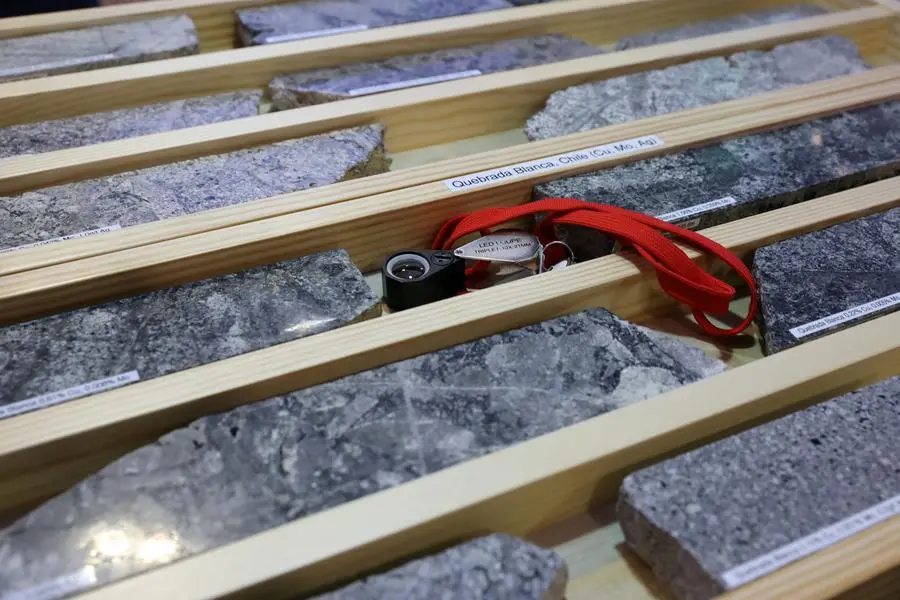PHOTO
Canada is ready to become a reliable provider of critical minerals to its international allies including Japan, a senior official said, as the Group of Seven (G7) countries deem such minerals essential for climate goals and energy security.
Canada has signed a joint action plan with the United States to advance secure supply chains for critical minerals.
It has similar critical minerals cooperation agreements with Japan and the European Union.
"We view this resource has been very strategic, not only from an economic point of view, but also from a security point of view," Canada's minister of environment and climate change Steven Guilbeault told Reuters in Japan where he will take part in a G7 ministerial meeting on climate, energy and environment.
The April 15-16 meeting in Sapporo, part of Japan's G7 presidency this year, will discuss the growing importance of critical minerals for the clean energy transition and the need to prevent economic and security risks caused by vulnerable supply chains and monopolization, among other topics, the latest draft communique seen by Reuters showed.
China dominates the market for critical minerals used to make electric vehicle batteries, central to developed nation goals to decarbonise, and Russia - which invaded Ukraine last year - is also a major player.
Last year, Canada asked three Chinese companies to sell their stakes in Toronto-listed lithium explorers following a national security review.
Guilbeault said this was for "strategic security reasons".
"We have a lot of those critical minerals, we have almost all of them in Canada with a few exceptions. We can become a reliable provider of these resources or products for our international allies like Japan, for example," he said. (Reporting by Katya Golubkova and Yuka Obayashi; editing by Jason Neely)





















